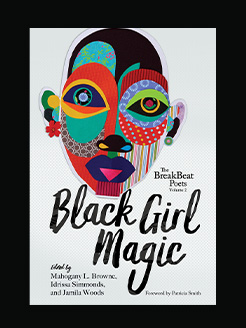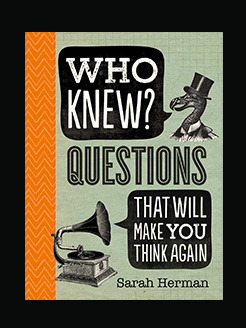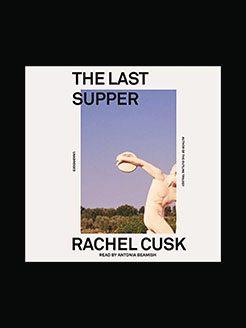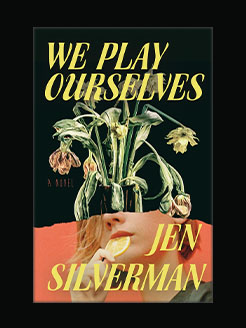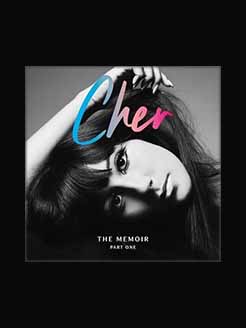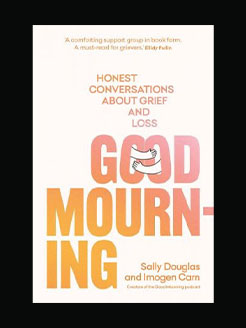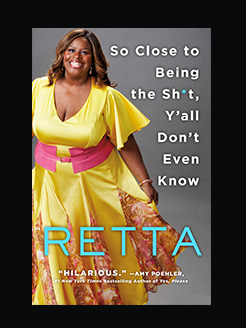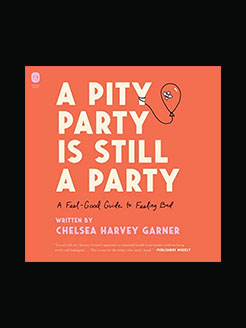Published in 2017
224 pages
Ariel Levy (born October 17, 1974) is a staff writer at The New Yorker magazine and author of the book Female Chauvinist Pigs: Women and the Rise of Raunch Culture. Her work has appeared in The Washington Post, The New Yorker, Vogue, Slate, Men’s Journal and Blender. Levy was named one of the “Forty Under 40” most influential out individuals in the June/July 2009 issue of The Advocate.
Levy was raised in Larchmont, New York, and attended Wesleyan University in the 1990s. She says that her experiences at Wesleyan, which had “co-ed showers, on principle”, strongly influenced her views regarding modern sexuality. After graduating from Wesleyan, she was briefly employed by Planned Parenthood, but claims that she was fired because she is “an extremely poor typist”. She was hired by New York magazine shortly thereafter.
At The New Yorker magazine, where Levy has been a staff writer since 2008, she has written profiles of Cindy McCain and Marc Jacobs. At New York magazine, where Levy was a contributing editor for 12 years, she wrote about John Waters, Donatella Versace, the writer George Trow, the feminist Andrea Dworkin, the artists Ryan McGinley and Dash Snow, Al Franken, Clay Aiken, Maureen Dowd, and Jude Law. Levy has explored issues regarding American drug use, gender roles, lesbian culture, and the popularity of U.S. pop culture staples such as Sex and the City and Gwen Stefani. Some of these articles allude to Levy’s personal thoughts on the status of modern feminism.
Levy criticized the pornographic video series Girls Gone Wild after she followed its camera crew for three days, interviewed both the makers of the series and the women who appeared on the videos, and commented on the series’ concept and the debauchery she was witnessing. Many of the young women Levy spoke with believed that bawdy and liberated were synonymous.
Levy’s experiences amid Girls Gone Wild appear again in Female Chauvinist Pigs, in which she attempts to explain “why young women today are embracing raunchy aspects of our culture that would likely have caused their feminist foremothers to vomit.” In today’s culture, Levy writes, the idea of a woman participating in a wet T-shirt contest or being comfortable watching explicit pornography has become a symbol of strength; she says that she was surprised at how many people, both men and women, working for programs such as Girls Gone Wild told her that this new “raunch” culture marked not the downfall of feminism but its triumph, but Levy was unconvinced.
Levy’s work is anthologized in The Best American Essays of 2008, New York Stories, and 30 Ways of Looking at Hillary.
What is this book about?
When thirty-eight-year-old New Yorker writer Ariel Levy left for a reporting trip to Mongolia in 2012, she was pregnant, married, financially secure, and successful on her own terms. A month later, none of that was true.
Levy picks you up and hurls you through the story of how she built an unconventional life and then watched it fall apart with astonishing speed. Like much of her generation, she was raised to resist traditional rules–about work, about love, and about womanhood.
“I wanted what we all want: everything. We want a mate who feels like family and a lover who is exotic, surprising. We want to be youthful adventurers and middle-aged mothers. We want intimacy and autonomy, safety and stimulation, reassurance and novelty, coziness and thrills. But we can’t have it all.”
In this memoir, Levy chronicles the adventure and heartbreak of being “a woman who is free to do whatever she chooses.” Her own story of resilience becomes an unforgettable portrait of the shifting forces in our culture, of what has changed–and of what is eternal.
